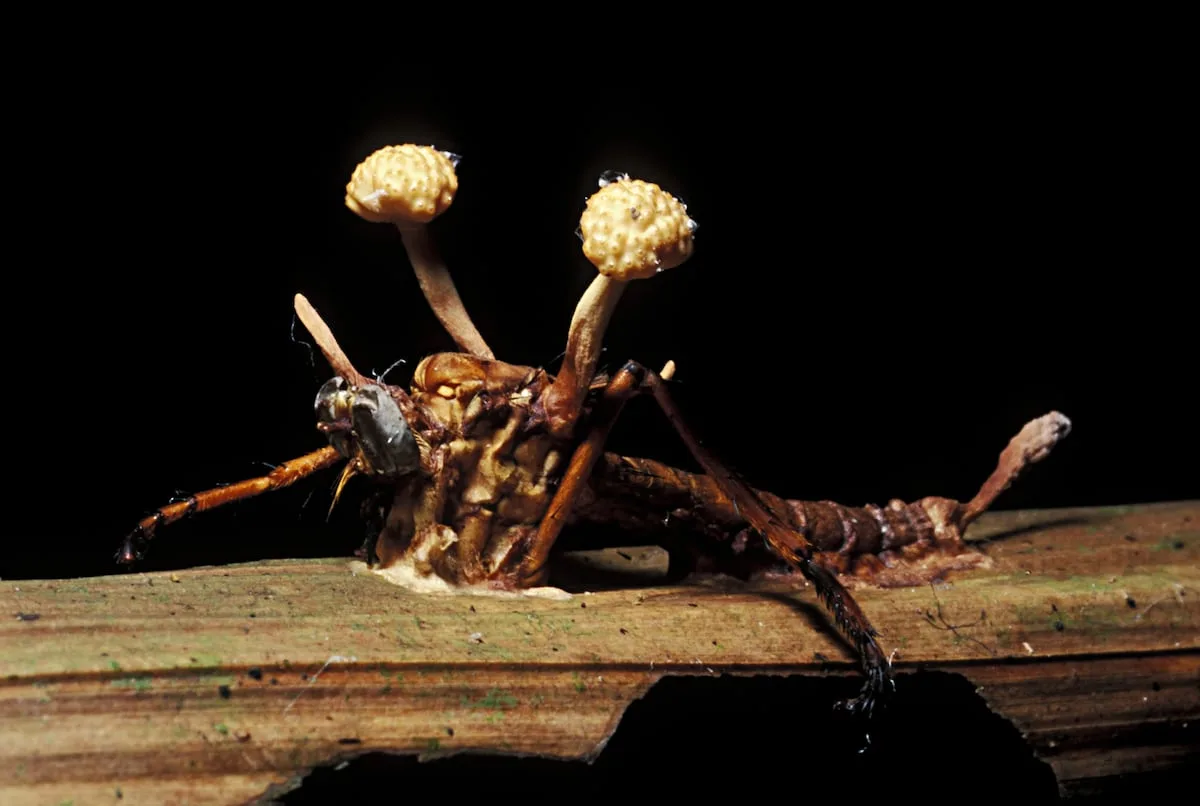The Unexplained Mastery: Parasites That Control Their Hosts
In the bizarre world of nature, certain parasites exhibit a chilling ability: they manipulate their hosts. Fungi, worms, and wasps, among others, can turn living creatures into what can only be described as the living dead. How do they accomplish this macabre feat? Science is still piecing together the answer.
The Puppet Masters of the Natural World
Imagine a world where your actions are not your own. For the hosts of these manipulative parasites, this is reality. These parasites exert control over their hosts’ behavior, compelling them to act in ways that benefit the parasite’s life cycle. This control is precise, targeted, and utterly fascinating.
Examples of Parasitic Manipulation
- Zombie Ants: Certain fungi infect ants, causing them to climb to a high vantage point and clamp down with their mandibles before they die. This ensures the fungus can release spores over a wide area.
- Hairworm Crickets: Hairworms develop inside crickets, eventually forcing the cricket to jump into water, where the hairworm emerges to reproduce.
- Parasitoid Wasps and Caterpillars: Some wasps lay their eggs inside caterpillars. The wasp larvae then feed on the caterpillar from the inside, eventually killing it. In some cases, the wasp even manipulates the caterpillar to protect its pupae.
The Mystery Behind the Manipulation
The mechanisms by which these parasites control their hosts are complex and varied, and not fully understood. Some possible mechanisms include:
- Neurotoxins: Parasites may release chemicals that directly affect the host’s nervous system, altering behavior.
- Gene Expression: Parasites might influence the host’s gene expression, leading to changes in physiology and behavior.
- Nutrient Deprivation: By selectively depriving the host of certain nutrients, the parasite can influence its behavior.
Why Study Parasitic Manipulation?
Understanding how parasites manipulate their hosts could have significant implications:
- Pest Control: We could potentially harness these mechanisms for biological pest control.
- Neuroscience: Studying how parasites affect the nervous system could offer insights into brain function and behavior.
- Medicine: Understanding how parasites interact with their hosts’ immune systems could lead to new therapeutic strategies.
Final Thoughts: The Ongoing Investigation
The world of parasitic manipulation is a testament to the power and complexity of nature. While much remains unknown, the ongoing research continues to unveil the secrets of these real-life puppet masters, promising fascinating discoveries and potential applications in diverse fields.




+ There are no comments
Add yours